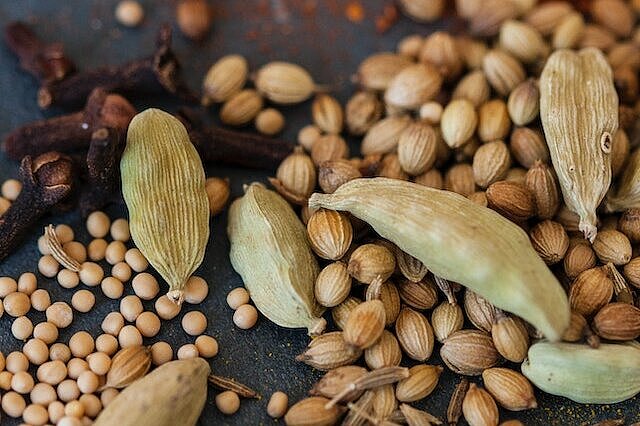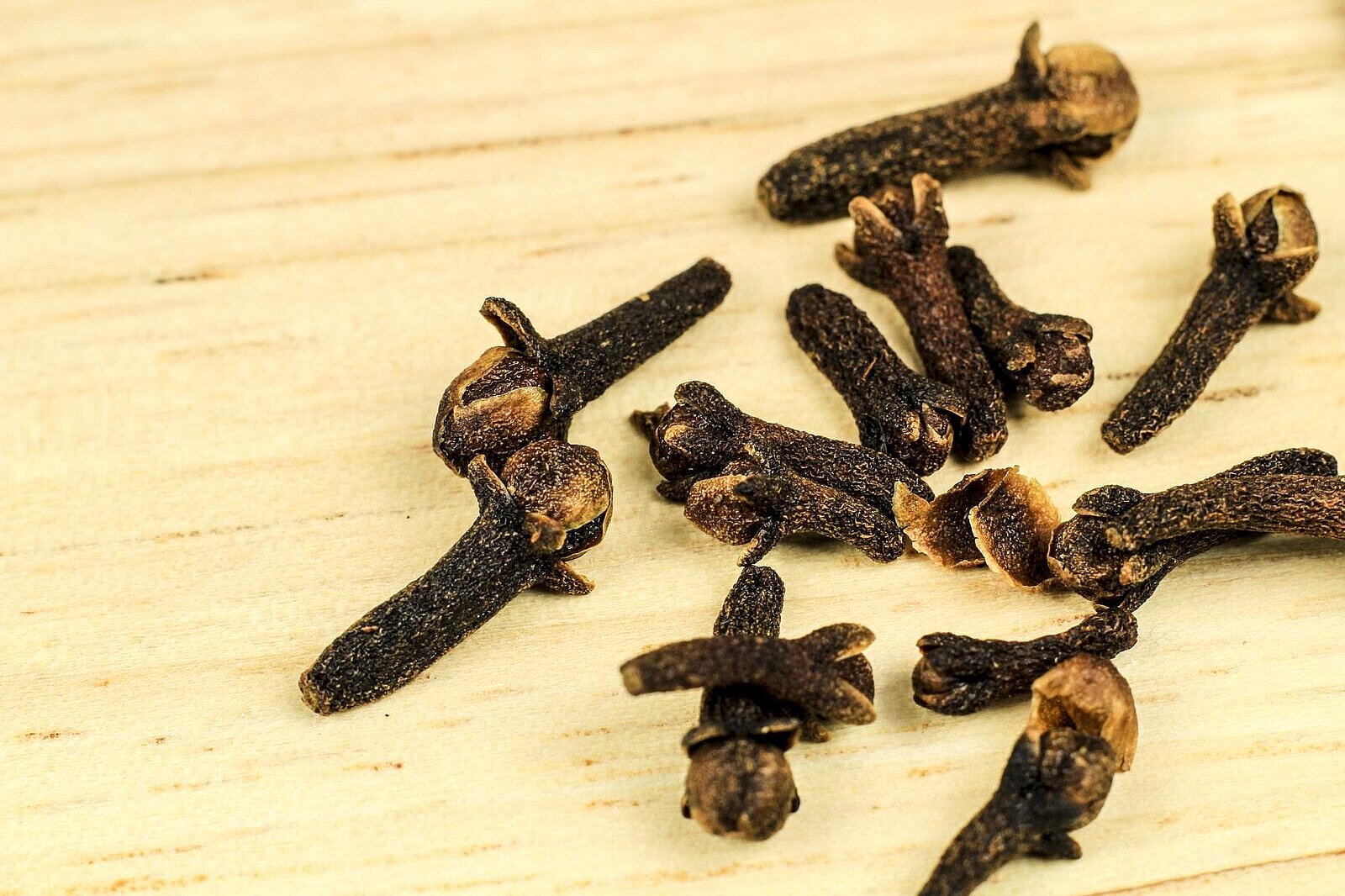Cinnamon

What is cinnamon?
Cinnamon is the dried bark of various tree species from the laurel family. There are various types of cinnamon, which differ in taste, color and coumarin content. Coumarin is a natural flavoring agent, but it can also be harmful to health.
Benefits of cinnamon for dogs
Cinnamon has a number of positive properties that dogs can also benefit from. For example, cinnamon can
- promote digestion
- stimulate blood circulation
- strengthen the immune system
- inhibit inflammation
- fight bacteria and fungi
However, these effects are only to be expected with small amounts of cinnamon and have not been scientifically proven.
Disadvantages of cinnamon for dogs
However, too much cinnamon can be dangerous for dogs. This is mainly due to the high coumarin content of some types of cinnamon. Coumarin can cause the following in dogs
- liver damage
- Blood clotting disorders
- Stomach irritation
- cancer
cancer. In addition, many cinnamon-containing foods also contain other ingredients that can be toxic to dogs, e.g. nutmeg, chocolate or xylitol.
How much cinnamon can dogs eat?
The Federal Institute for Risk Assessment recommends a maximum intake of 0.1 mg coumarin per kg body weight per day for humans. This amount is also considered safe for healthy adult dogs. However, the coumarin content varies greatly depending on the type of cinnamon. Cassia cinnamon, for example, contains up to 3000 mg coumarin per kg, whereas Ceylon cinnamon only contains around 10 mg per kg.
To avoid the risk of poisoning, you should therefore not give your dog any cassia cinnamon and only very small amounts of Ceylon cinnamon.
In summary, although cinnamon can have some positive effects on dogs' health, it also carries many risks. You should therefore give your dog very little or no cinnamon and always pay attention to the variety and coumarin content.
Properties 13
Are you looking for other ingredients with a specific property?
Just click on them to find more.
If you notice any signs of hypersensitivity or poisoning in your dog, you should see your vet immediately. We are not a substitute for a vet, but we try to be as accurate as possible. Every dog reacts differently and we recommend you get a second opinion or consult your vet if in doubt.
Stay healthy and take good care of your four-legged friend!😊
Similar to Cinnamon
Nutmeg is the seed of the nutmeg tree, which grows in tropical regions such as Indonesia and India. The seeds are dried and ground or grated into a spice. Nutmeg contains various ingredients that...
Cardamom belongs to the ginger family and originally comes from South Asia. The plant has long, narrow leaves and small, yellow-green flowers. Elongated capsules containing the seeds develop from...
The benefits of clove oil for dogs Clove oil has a number of positive properties that can also benefit dogs. For example: Clove oil has antibacterial, antiviral and antifungal properties. It can...
Ginger is a plant from the ginger family. The root tuber is used as a spice or medicine. It has a pungent taste and a spicy smell. Ginger contains many valuable ingredients, such as gingerol, which...



